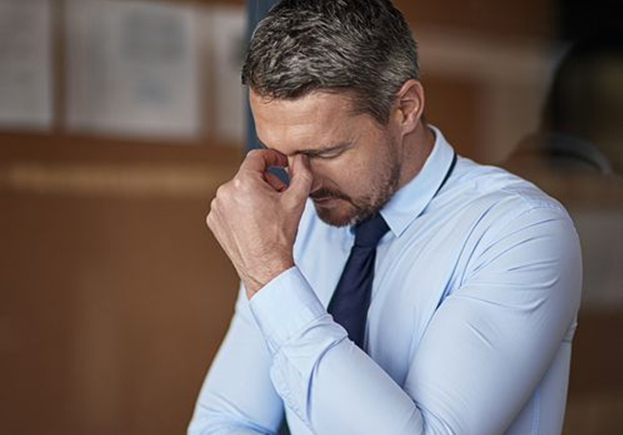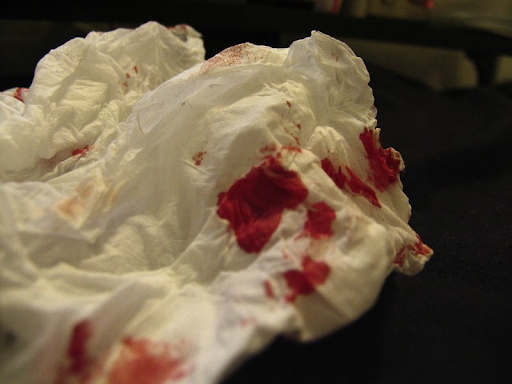There’s nothing more important than a good night’s sleep. The body uses that time to recharge and help you feel refreshed when you get up the next day. Snoring takes away from that process, and it surely isn’t beneficial for you – or anyone else. When it’s beginning to affect your daily activities or work, it’s time to seek help from a doctor for sleep disorders. This blog uncovers three warnings that will help you determine the urgency.
How Often Are You Waking Up?
Getting up too often? If you’re struggling trying to remember the last time you’ve been able to sleep through the night, you may have been experiencing a sleeping disorder for quite a while.
Heavy snorers are impacted by a disorder called sleep apnea. It intermittently stops your breathing in conjunction with loud snoring when the muscles surrounding the soft tissue lining your throat are relaxed, blocking off the airways. Signals transmit across the body, indicating you can’t breathe. An ENT doctor can recommend the best treatments to offset the chances of heart problems and reduce the symptoms.
Trouble Concentrating
Not getting enough rest can significantly affect your day. When the body doesn’t reach REM, a dream state, you’ll wake up feeling pretty tired. The medical term for the inability to concentrate is absent-mindedness. It can become so drastic that you could miss pieces of conversations or fall asleep at the most inconvenient times.
Exhausted All Other Remedies
Patients often try to treat their sleeping disorders at home when they become aware of their snoring. It is usually addressed by a spouse, partner, or loved one. But self-diagnosis is not as accurate as visiting a medical professional. At Westside Head & Neck, we can pinpoint whether excessive alcohol consumption, weight gain, or nasal congestion have contributed to the snoring. Other, but not uncommon, causes include pregnancy, swollen tonsils, and irregularly shaped facial bones.










